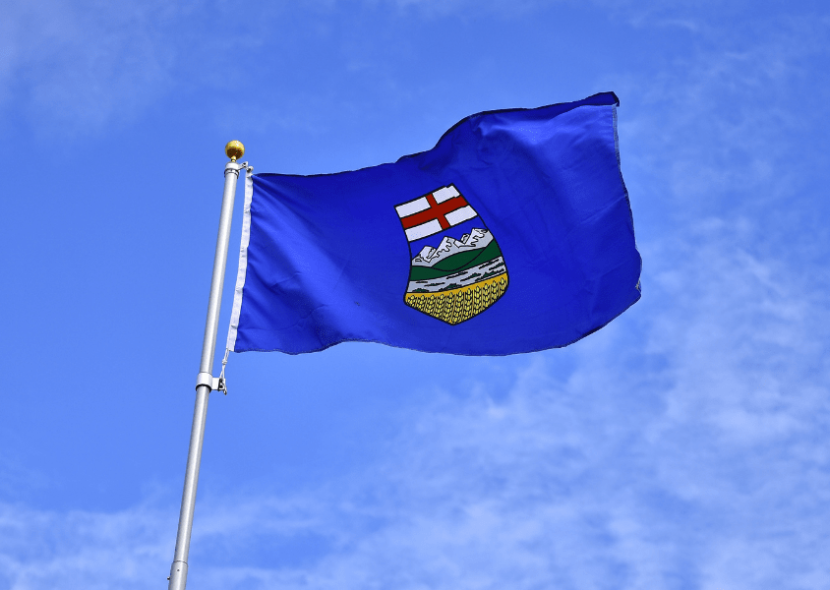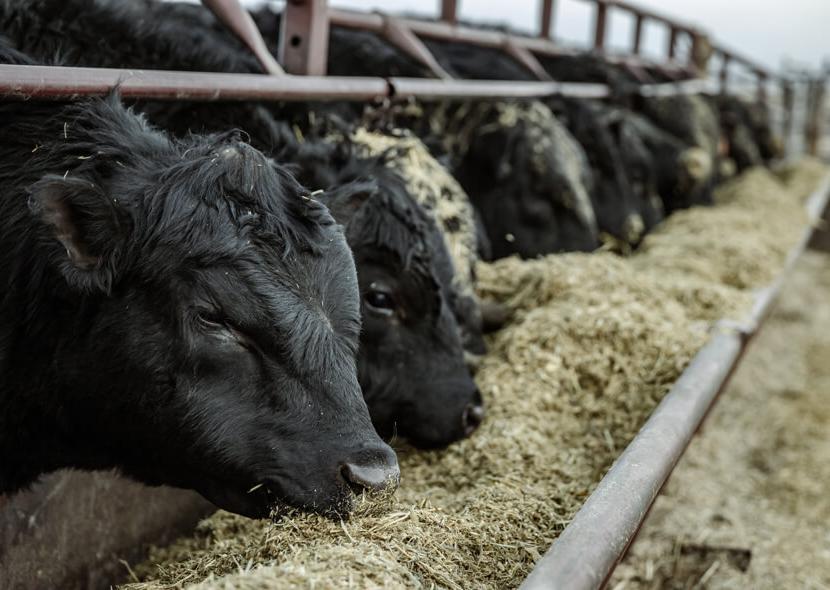Yesterday, Canada’s Minister of Finance Chrystia Freeland delivered her first budget as Finance Minister. This is also the first budget since the minority Liberal government was elected in October 2019 and the first budget in over two years. This budget is focused on supporting those hardest hit by the pandemic, including women, youth, low-wage workers and our essential frontline workers.
The budget is laid out in four major themes and supports that broad vision: finishing the fight against COVID-19, creating jobs and growth, a resilient and inclusive recovery, and fair and responsible government. Estimates show that the measures included in the budget will add to the deficit, which is projected to sit at $354.2 billion for this year, with it slated to drop to $154.7 billion in the current 2021-22 fiscal year.
Finishing the Fight Against COVID-19
The federal government will be extending COVID-19 aid with a $12 billion plan. This includes the already existing programs as well as some funding to create training and employment opportunities.
Highlights:
• Extending EI sickness benefits from 15 to 26 weeks.
• $3 billion over five years, starting in 2022-23, to support the provinces and territories in creating and upholding high standards of care inside long-term care facilities
• $2.2 billion over the next seven years on boosting Canada’s biomedical and life sciences research sector to, in part, increase vaccine development.
• $424 million in 2021-22 to ensure the safe reopening of Canada’s borders through funding further air travel protections and mandatory quarantine measures.
• $100 million over the next three years to support projects for mental health interventions for populations disproportionately impacted by COVID-19, such as health care and front-line workers.
• $41.3 million over six years starting in 2021-22 for Statistics Canada to improve data infrastructure and data collection. Creating Jobs and Growth Highlights:
• To deal with unemployment, the 2021 federal budget promises to create 500,000 new training and work opportunities over the next five years and sets aside billions in new spending aimed at fostering innovation.
• $700 million over three years, starting in 2021-22, for the regional development agencies to support business financing.
• Increase to the Canada Workers Benefit by $8.9 billion over the next six years. The government expects this will make one million more Canadians eligible and incentivize second earners to return to the workforce by raising the income level at which the benefit starts being reduced to $22,944 for single individuals without children.
• $214 million in the next year as part of an overall allocation of $921 million over the next five years to help entrepreneurs, including dedicated funding for women and racialized entrepreneurs.
• Development Canada Digital Adoption Program to help businesses with the cost of new technology and provide them with the help of young Canadians who will be trained to help set up new e-commerce opportunities.
• $7.2 billion put into the Strategic Innovation Fund over the next seven years, including specific amounts to go into projects within the life sciences, automotive, aerospace and agriculture sectors.
• Lowering the Cost of Doing Business by Reducing Credit Card Transaction Fees.
A Resilient and Inclusive Recovery Highlights:
• $30 billion over the next five years with permanent ongoing funding to enact the national plan and create more childcare spaces, including for Indigenous families and children with disabilities. The goal is to reach an average cost of $10/day by 2026
• Increase to Old Age Security for seniors ages 75 and older, providing up to $766 more for eligible seniors in the first year.
• $4.4 billion over the next five years to offer interest-free loans of up to $40,000 for environmentally-friendly home retrofit projects.
• Reducing, by 50 per cent, the general corporate and small business income tax rates for businesses that manufacture zero emission technologies, effective in 2022.
Fair and Responsible Government To deal with the fallout of new spending measures and the largest deficit in recent Canadian history, the Deputy Prime Minister also announced proposed ways the government could pay for this deficit spending.
Highlights:
• National tax on vacant property owned by non-Canadian, non-residents that is estimated to bring in $700 million over four years, starting in 2022-23.
• Luxury tax on items like high-priced cars and private aircraft with a sales price over $100,000 and for personal use boats that cost $250,000 or more. The government estimates this will bring in $604 million over five years.
• Implementing a Digital Services Tax at a rate of 3 per cent on revenue from web giants that rely on Canadian content. It is estimated that this will raise $3.4 billion in revenue over the next five years, starting this year.
• Reduction in travel costs for the highest-travelling departments, aiming for savings of $1.1 billion over five years, starting this year.
Agriculture Highlights:
• $165.5 million Agricultural Clean Technology Program - $50 million will be allocated for efficient grain dryers for producers across the country.
• Grain drying carbon tax returns on propane and natural gas (further details to come).
• $28.6 million over five years for Public Health Agency of Canada, Health Canada and the Canadian Food Inspection Agency to assist with antimicrobial resistance.
• $200 million over two years under the Agricultural Climate Solutions Program for on-farm projects that will improve nitrogen management, increase adoption of cover cropping and normalize rotational grazing.
• $292.5 million over seven years to help supply management producers adapt to CETA and CPTPP trade laws and regulation. • $60 million over two years, from the Nature Smart Climate Solutions Fund to target the protection of existing wetlands and trees on farms.
• $239.8 million in the Student Work Placement Program in 2021-22 to support work-integrated learning opportunities for post-secondary students and $371.8 million in new funding for the Canada Summer Jobs program in 2022-23 to support approximately 75,000 new job placements in the summer of 2022.
• The Agricultural Clean Technology Program will commit to $10 million over the next two years, to improve powering farms with clean energy and reducing the use of diesel on farms
• $1 billion over six years for the Universal Broadband Fund, to support access to high-speed internet by Canadians in rural and remote communities.
• $57.6 million to extend the Mandatory Isolation Support for Temporary Foreign Workers Program to help employers offset costs associated with temporary foreign workers fulfilling isolation requirements upon entering Canada.


